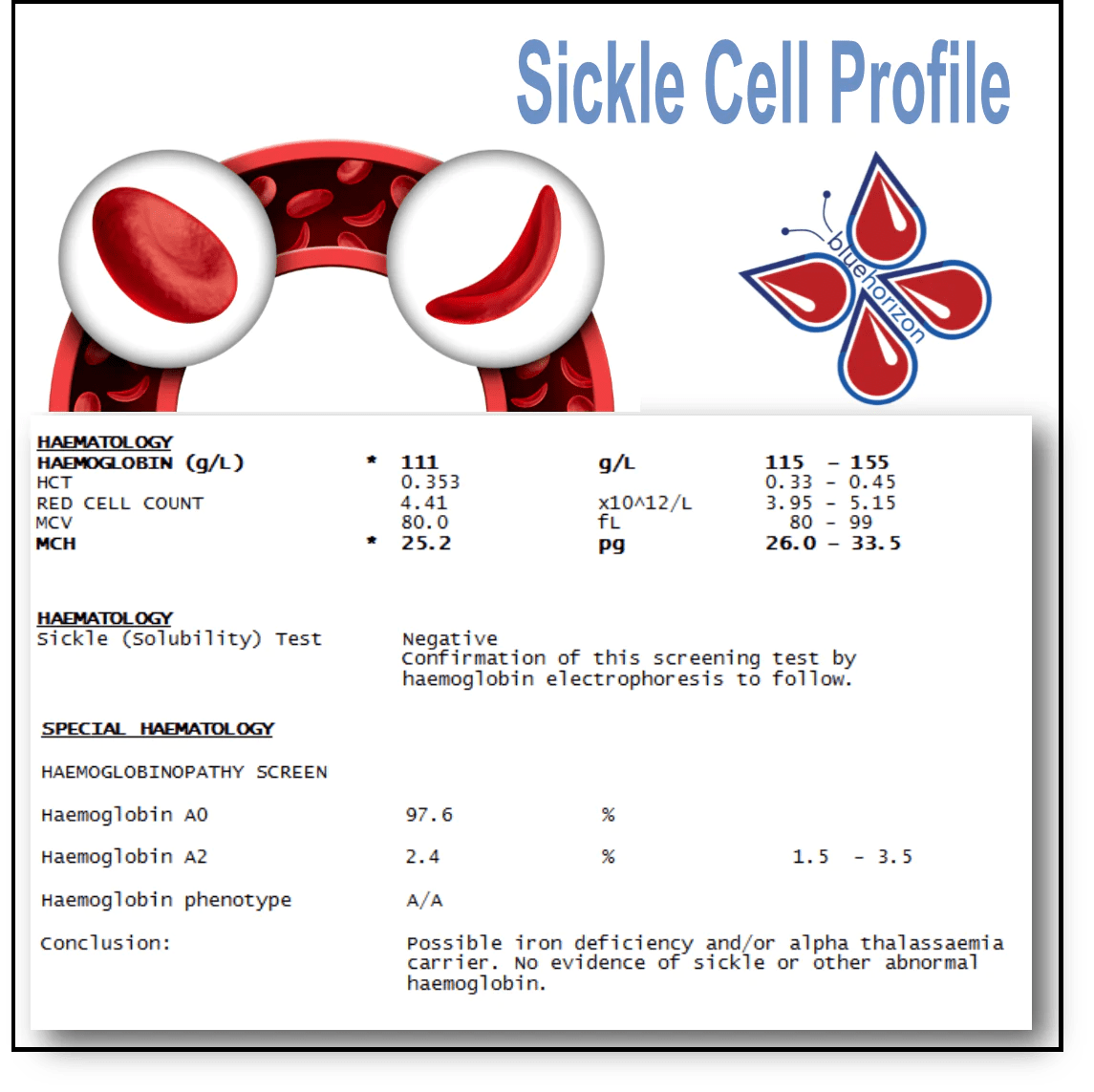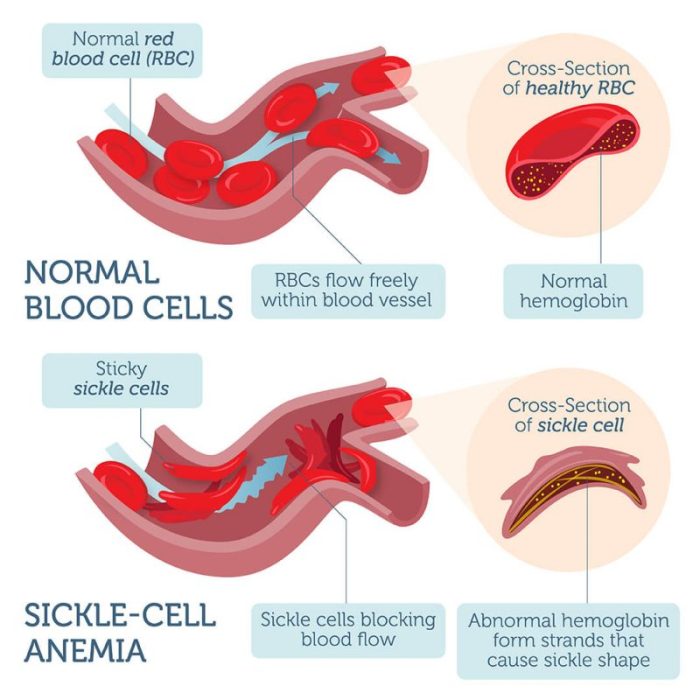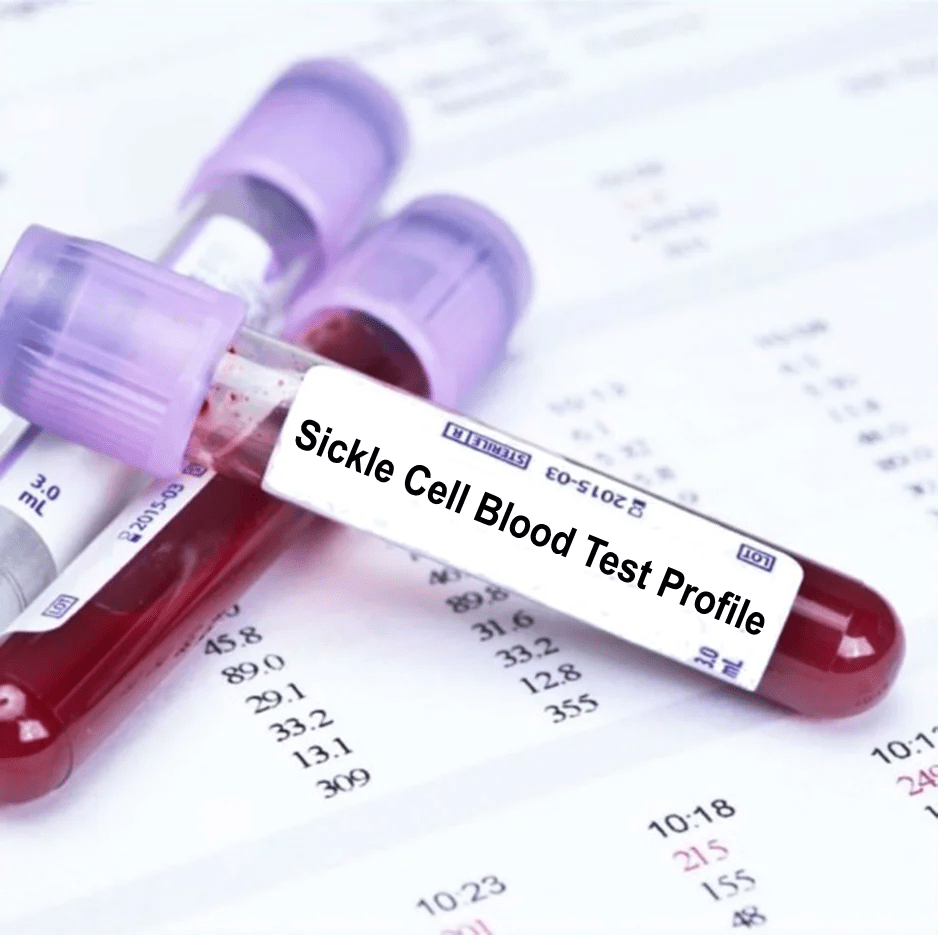Where to get a sickle cell test near me – Wondering where to get a sickle cell test near you? Look no further! In this guide, we’ll provide all the information you need to find a testing facility, understand the different types of tests, and interpret your results.
Whether you’re concerned about your own health or that of a loved one, getting a sickle cell test is crucial for early detection and proper management of this condition.
Geographic Locations for Testing

To get a sickle cell test, you can visit nearby clinics, hospitals, or healthcare centers that offer this service. Here are some locations where you can get tested:
Nearby Testing Locations
- Clinic Name:ABC Clinic Address:123 Main Street, Anytown, CA 12345 Phone Number:(555) 123-4567 Operating Hours:Monday-Friday, 9am-5pm
- Hospital Name:XYZ Hospital Address:456 Elm Street, Anytown, CA 12345 Phone Number:(555) 234-5678 Operating Hours:24/7
- Healthcare Center Name:PQR Healthcare Center Address:789 Oak Street, Anytown, CA 12345 Phone Number:(555) 345-6789 Operating Hours:Tuesday-Saturday, 10am-6pm
Online Resources for Test Availability
If you’re unable to find a testing facility near you, online resources can provide valuable information on sickle cell testing availability.
If you’re looking for a sickle cell test near you, there are several options available. You can search online for local clinics or hospitals that offer the test, or you can contact your doctor for a referral. Once you’ve found a testing location, you can schedule an appointment to have the test done.
The results of the test will typically be available within a few days. If you’re considering egg donation, you may be wondering how long after the donation you can get pregnant. The answer to this question depends on a number of factors , including your age, health, and the type of egg donation you received.
In general, however, most women who donate eggs can get pregnant within a few months of the donation. If you’re concerned about getting pregnant after egg donation, be sure to talk to your doctor.
The National Sickle Cell Disease Association (NSCDA) offers a comprehensive database of sickle cell testing centers across the United States. You can search for testing sites by location, type of test, and other criteria.
NSDCA’s Database
- Access the database at: https://www.sicklecelldisease.org/find-a-testing-site/
- Enter your location, test type, and other relevant information.
- The database will generate a list of nearby testing facilities that meet your criteria.
Eligibility and Insurance Coverage
Determining your eligibility for sickle cell testing typically depends on various factors, including symptoms, family history, and recommendations from healthcare providers. In general, individuals who exhibit symptoms suggestive of sickle cell disease, such as severe pain episodes, frequent infections, or developmental delays, may be eligible for testing.
Regarding insurance coverage, sickle cell testing is often covered by most health insurance plans. However, it’s crucial to check with your specific insurance provider to verify coverage details, including any potential co-pays or deductibles that may apply.
Insurance Coverage
- Most health insurance plans cover sickle cell testing.
- Contact your insurance provider to confirm coverage details.
- Co-pays or deductibles may apply, depending on your plan.
Types of Sickle Cell Tests
To diagnose sickle cell disease, several types of tests are available. Each test offers advantages and disadvantages depending on the individual’s circumstances and the healthcare provider’s recommendations.
The three main types of sickle cell tests are blood tests, DNA tests, and newborn screenings.
Blood Tests
- Hemoglobin Electrophoresis:This test analyzes the different types of hemoglobin in the blood sample. It can identify the presence of sickle-shaped hemoglobin (hemoglobin S) and distinguish it from other types of hemoglobin.
- Sickledex Test:This rapid test can detect the presence of sickle-shaped red blood cells in a blood sample. It is often used as a screening tool in areas with a high prevalence of sickle cell disease.
- High-Performance Liquid Chromatography (HPLC):This test measures the amount of different types of hemoglobin in the blood, including hemoglobin S. It is a more precise and comprehensive test compared to hemoglobin electrophoresis.
DNA Tests
- DNA Mutation Analysis:This test analyzes the DNA sequence of the beta-globin gene, which is responsible for producing hemoglobin. It can identify specific mutations that cause sickle cell disease.
- Prenatal Diagnosis:This test can be performed during pregnancy to determine if the fetus has sickle cell disease. It involves analyzing DNA from the amniotic fluid or chorionic villus.
Newborn Screenings
In many countries, newborn babies are screened for sickle cell disease shortly after birth. This is done through a blood test that checks for the presence of sickle-shaped hemoglobin.
Preparation for Testing
Before undergoing sickle cell testing, certain preparations are necessary to ensure accurate results. These preparations include:
- Fasting:Fasting for 8-12 hours before the test is recommended, as eating can interfere with the accuracy of the results.
- Avoiding Certain Medications:Some medications, such as aspirin, ibuprofen, and other blood thinners, can affect the test results. It is important to inform the healthcare provider about any medications being taken before the test.
Scheduling an Appointment
To schedule an appointment for sickle cell testing, contact a healthcare provider or laboratory. The provider will provide instructions on how to prepare for the test and what to expect during the testing process.
During the Testing Process
During the testing process, a blood sample will be drawn from a vein in the arm. The sample will be sent to a laboratory for analysis. The results of the test will typically be available within a few days.
If you’re looking for a sickle cell test near you, there are plenty of options available. Many clinics and hospitals offer this test, and you can also find it at some community health centers. While you’re searching for a sickle cell test near you, you might also want to read up on the cancer that doctors dont want to call cancer . It’s a rare type of cancer that can be difficult to diagnose, but it’s important to be aware of it so you can get the treatment you need.
If you’re concerned about sickle cell anemia or the cancer that doctors dont want to call cancer, talk to your doctor today.
Interpretation of Test Results
Once the sickle cell test is complete, the healthcare provider will analyze the results to determine whether sickle cell traits or disorders are present.
The results of a sickle cell test can be either positive or negative. A positive result indicates that the individual has sickle cell trait or sickle cell disease, while a negative result indicates that the individual does not have either condition.
Positive Test Results
A positive sickle cell test result can indicate either sickle cell trait or sickle cell disease. Sickle cell trait is a condition in which an individual carries one copy of the sickle cell gene and one copy of the normal gene.
Individuals with sickle cell trait typically do not have any symptoms, but they can pass the sickle cell gene on to their children.
Sickle cell disease is a condition in which an individual carries two copies of the sickle cell gene. Individuals with sickle cell disease typically have symptoms such as pain, fatigue, and anemia. Sickle cell disease can be a serious condition, but there are treatments available to help manage the symptoms.
Negative Test Results
A negative sickle cell test result indicates that the individual does not have sickle cell trait or sickle cell disease. This means that the individual does not carry the sickle cell gene and cannot pass it on to their children.
Follow-up Care
Regular check-ups and monitoring are crucial for individuals with sickle cell trait or disease. These follow-up appointments allow healthcare providers to assess the overall health of the individual, monitor for complications, and provide necessary treatments or interventions.
Looking for where to get a sickle cell test near you? You’re not alone. This condition affects millions of people worldwide. It’s important to know where you can get tested and treated, and laser hair removal on your head is one of the many procedures that can be done to manage the condition.
If you’re concerned about sickle cell anemia, talk to your doctor about getting tested.
Regular Check-ups, Where to get a sickle cell test near me
Individuals with sickle cell trait or disease should have regular check-ups with their healthcare provider. These check-ups may include physical examinations, blood tests, and other tests to monitor the condition and identify any potential complications. The frequency of check-ups may vary depending on the individual’s specific needs and the severity of their condition.
Support Groups and Resources

Individuals living with sickle cell disease or trait may benefit from connecting with support groups and accessing other resources. These groups provide a platform for sharing experiences, offering emotional support, and exchanging information about treatment options and coping mechanisms.
Support groups can be found through local hospitals, community centers, and patient advocacy organizations. Online forums and social media platforms also provide opportunities for individuals to connect with others facing similar challenges.
Accessing Support Groups
- Contact local hospitals or community health centers to inquire about support group meetings.
- Join online forums or social media groups dedicated to sickle cell disease.
- Reach out to patient advocacy organizations such as the Sickle Cell Disease Association of America (SCDAA).
Benefits of Support Groups
- Emotional support and encouragement from individuals who understand the unique challenges of sickle cell disease.
- Sharing of coping mechanisms, treatment experiences, and resources.
- Opportunities to learn about the latest advancements in sickle cell research and treatment.
- Advocacy for improved healthcare policies and access to resources for individuals with sickle cell disease.
Educational Materials: Where To Get A Sickle Cell Test Near Me

This table provides links to credible websites, brochures, or videos that provide comprehensive information on sickle cell testing. These resources can help you learn more about the test, its benefits, and what to expect during the testing process.
Testing Locations
[detailed content here]
Test Types
[detailed content here]
Support Resources
[detailed content here]
Final Review
With the knowledge gained from this guide, you’re now equipped to make informed decisions about sickle cell testing. Remember, early detection and proper care can significantly improve outcomes for individuals with sickle cell disease or trait.
Stay informed, take control of your health, and don’t hesitate to reach out to healthcare professionals or support groups for further guidance.
Answers to Common Questions
Who should get a sickle cell test?
Anyone with a family history of sickle cell disease or who identifies as African American, Hispanic, or Mediterranean should consider getting tested.
What are the different types of sickle cell tests?
There are blood tests, DNA tests, and newborn screenings available for sickle cell testing.
How do I prepare for a sickle cell test?
Fasting for 8-12 hours before the blood test is typically recommended.
What do the test results mean?
A positive test result indicates the presence of sickle cell disease or trait, while a negative result rules them out.






